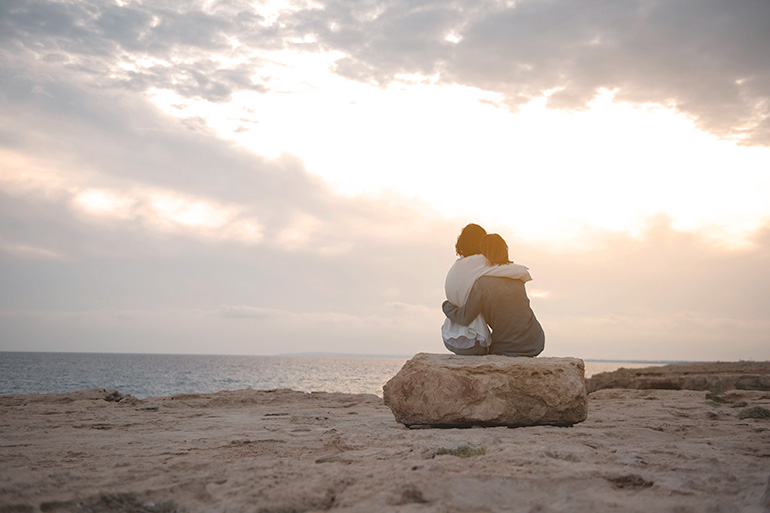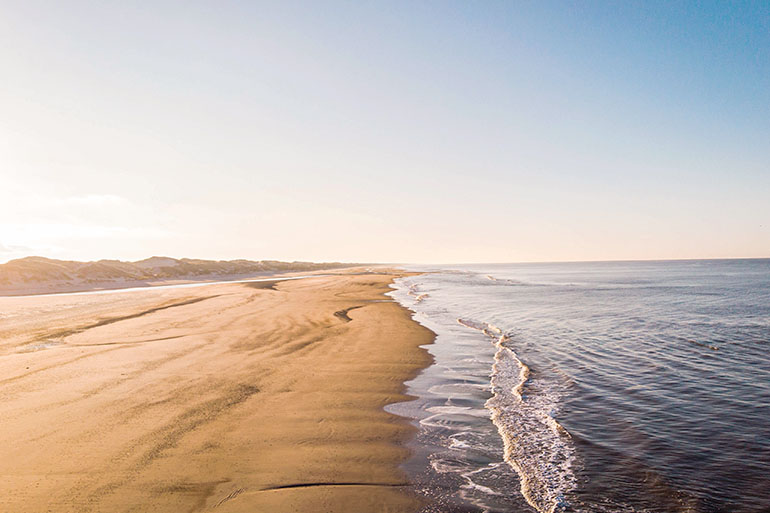July 7, 2025
February 8, 2023
When it comes time to honor a loved one after their passing, you want to make sure that it is done in the way that they would have wanted. Choosing between cremation vs burial is an extremely personal decision, and that decision comes down to what’s right for you and your family. A wide number of factors come into play: religion or personal beliefs, location, budget, etc. Below, we detail the pros and cons and other things to consider when deciding between burial and cremation.
To make the entire journey easier for expats in Spain like you, Caser provides funeral insurance in Spain.
What is cremation?
Cremation is the process of burning the body of a deceased person until it is reduced to cremated remains. This usually takes only a matter of hours. Remains are then placed in an urn or divided between cherished loved ones.
What is burial?
Burial is simply the act of putting the body of a deceased person into the ground. Burial should not be confused with the act of a funeral. A funeral is a ceremony used to honor and celebrate the life of the deceased, and typically both burial and cremation can involve a funeral ceremony or memorial service.
Pros and cons of cremation vs burial
Both burial and cremation are considered safe ways of dealing with a corpse. In the past, burial was the preferred method used by a majority of the population, but cremation is steadily growing in popularity.
Burial pros
- Burial provides a grave site for friends and family to visit.
- Some religions require burial as the method of choice.
- You do not disturb the physical body and it can be exhumed later if needed.
Burial cons
- It is difficult for loved ones who do not live near the grave site to visit.
- Burial has some negative effects on the environment due to the use of formaldehyde in embalming fluid; however, more eco-friendly alternatives are becoming available such as biodegradable caskets and other embalming methods.
- Normally burial is much more expensive than cremation.
Cremation pros
- Cremation tends to be less costly than burial, since it saves physical burial space and the body does not require embalming.
- You receive portable ashes. The ashes can then be placed in an urn or commemorative container or scattered wherever you wish (at sea, buried, in jewelry, etc.)
- The cremation process is quicker than the burial process, especially during a fraught and difficult time in your life.
- Considered more environmentally friendly and hygienic than burial.
Cremation cons
- You must take into account the deceased person’s religion, as many religions have strict rules regarding the disposal of a body.
- The body cannot be exhumed, as cremation is permanent.
- Although more environmentally friendly than burial, cremation causes minor emission of vaporized mercury into the air, which turns into acid rain. You can talk to your cremation provider about how they are mitigating pollutants during the process.
What is the cost of burial vs cremation?
Whether you choose burial or cremation, you’re responsible for the cost of many services besides the burial/cremation itself. With cremation, you’ll also need to factor in transportation of the body, choice of urn, and possibly a vault or crypt. With burial, you need to factor in transportation, embalming of the body, choice of casket, and opening/closing of the grave. Not to mention all the funeral service decisions.
According to a survey by the National Funeral Directors Association, the median cost of a funeral with burial to was about $9,420 and the median cost of a funeral with viewing and cremation was about $6,970.
Below, view a breakdown of typical burial vs. cremation costs according to Cremation Institute. When investing in funeral insurance, you save big now on hidden costs or unexpected expenses later. Keep in mind, prices will vary depending on the location, country, and provider.
Burial costs:
- Fee for a basic service: $2,000
- Transporting the body to the funeral home: $300
- Preparation of the body – $200
- Embalming: $700
- Car for the transportation of flowers and other belongings: $130
- Use of the staff and facility for the viewing and funeral: $900
- Hearse: $300
- Grave plot: $1,000
- Burial vault: $1,300
- Opening and closing fee: $1,200
- Casket: $1,000 - $15,000
- Headstone: $1,500
Cremation costs:
- Direct cremation (simple, affordable cremation option): $700 - $2,000
- Casket rental: $1,000
- Urn: $15 - 500, depending on if you choose double urns, a cremation box, wooden urn, biodegradable urn, infant urn, etc.
- Cremation services: $30

What’s included in Caser funeral insurance?
Caser Funeral Insurance makes sure you’re protected later when you start paying earlier (taking advantage of a much lower rate, thus saving on overall costs). With Caser’s funeral insurance, you can choose between funeral repatriation (where your body is returned to your country of origin upon death) or burial/cremation in Spain.
Caser funeral services in Spain include:
- Coffin
- Hearse, accompanying car
- Shroud, fresh wreath
- Obituary
- Documentation, certificates, proceedings, administrative formalities
- Religious services
- Home service or funeral parlour
- Cemetery service
- Burial (interment) or cremation
- Temporary burial site
- Marble or granite headstone for burial site
- Personalised assistance
- Special mortuary services in the event of a child’s death during the pregnancy or within 30 days after birth (for women insured by Caser)
- Over-the-phone legal guidance on administrative, civil, or criminal proceedings
- Reimbursement of the unused sum to your beneficiaries in the event that the cost of providing the funeral service turns out to be less than the insured sum.
If you or a loved one have started thinking ahead about the future, make sure to keep all of these burial vs. cremation pros, cons, costs, and services in mind. Caser Expat Insurance is here to help you. Get in touch for more information or a quote.
.png?width=344&height=67&name=logo_caser%20(2).png)









Let Us Know What You Thought about this Post.
Put your Comment Below.